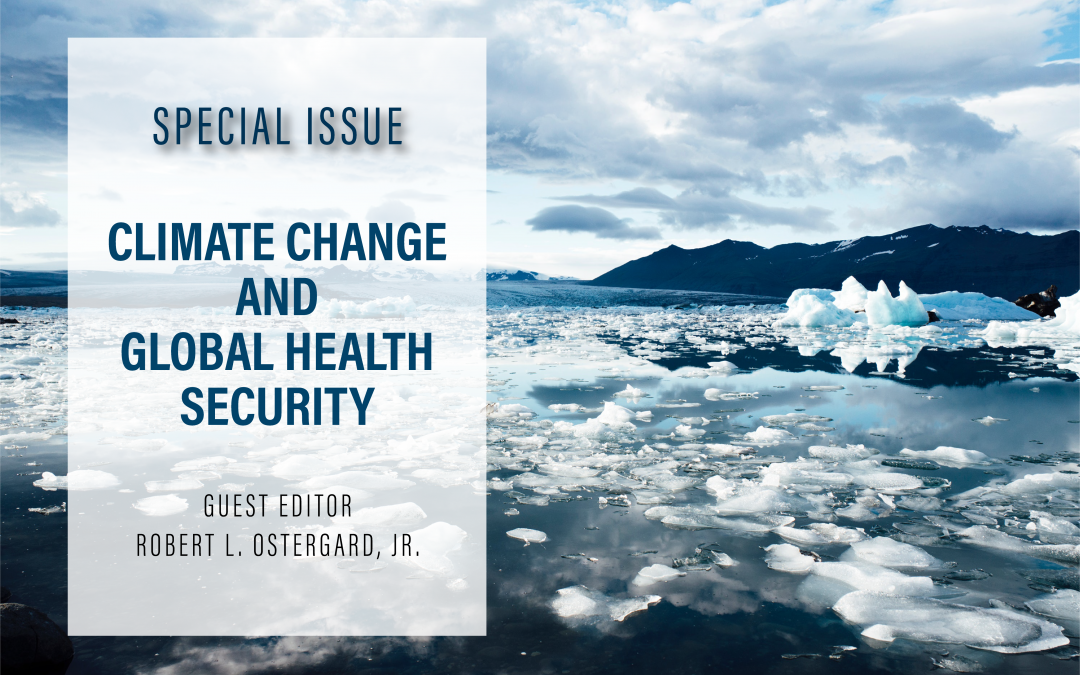By Kelly F. Austin, Mark D. Noble, and Laura A. McKinney
HIV/AIDS remains a serious public health threat in less-developed countries, especially for women. Drawing on ecofeminist perspectives, we explore linkages between climate-related disasters, food insecurity, and HIV transmission. Using data from over 90 less-developed countries, we construct a structural equation model to analyze the direct and indirect influences on the percent of the adult population living with HIV who are women. We find that climate-related disasters are a significant factor shaping women’s HIV vulnerability indirectly through increased food insecurity. Food insecurity is theorized to alter social relationships and behaviors, including risky sexual behaviors, forced sex, and transactional sexual relationships. Our results confirm that disasters lead to conditions of hunger and resource deprivation, which serve to escalate HIV transmission among vulnerable women in poor countries.

